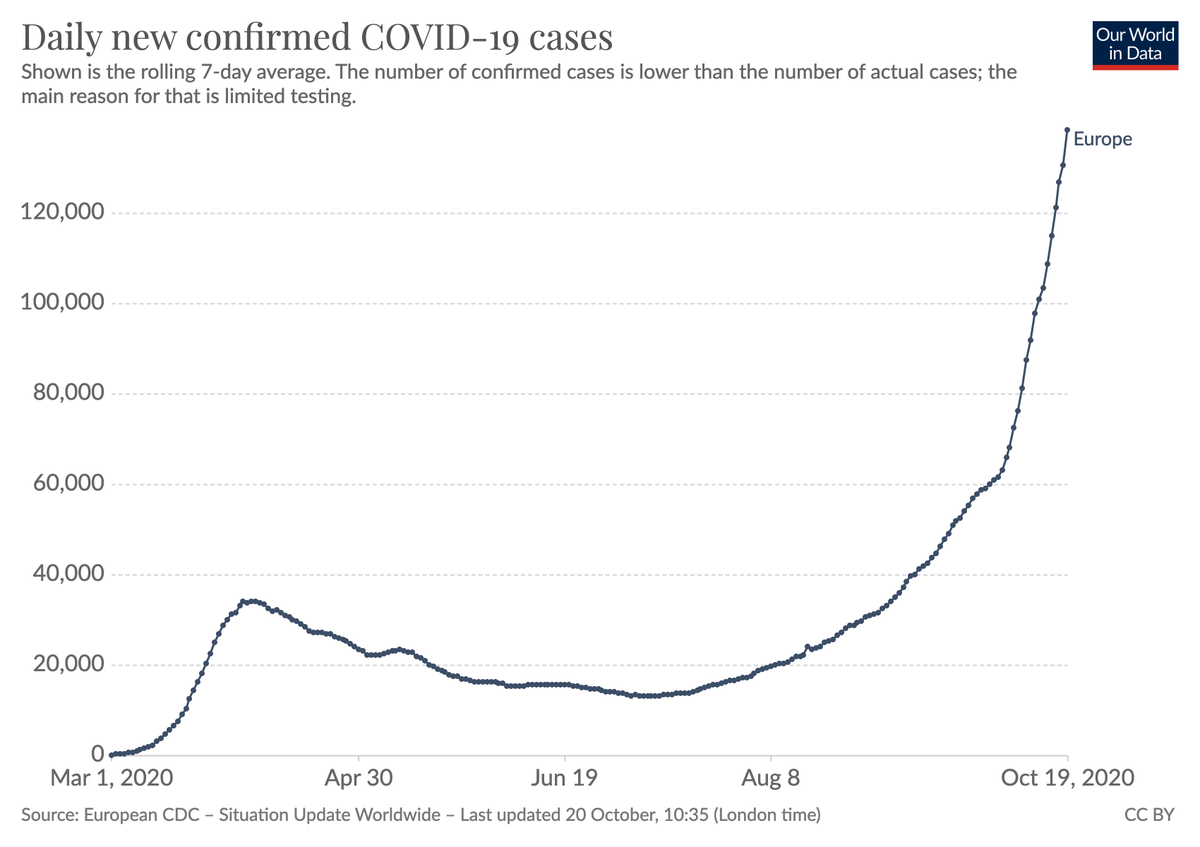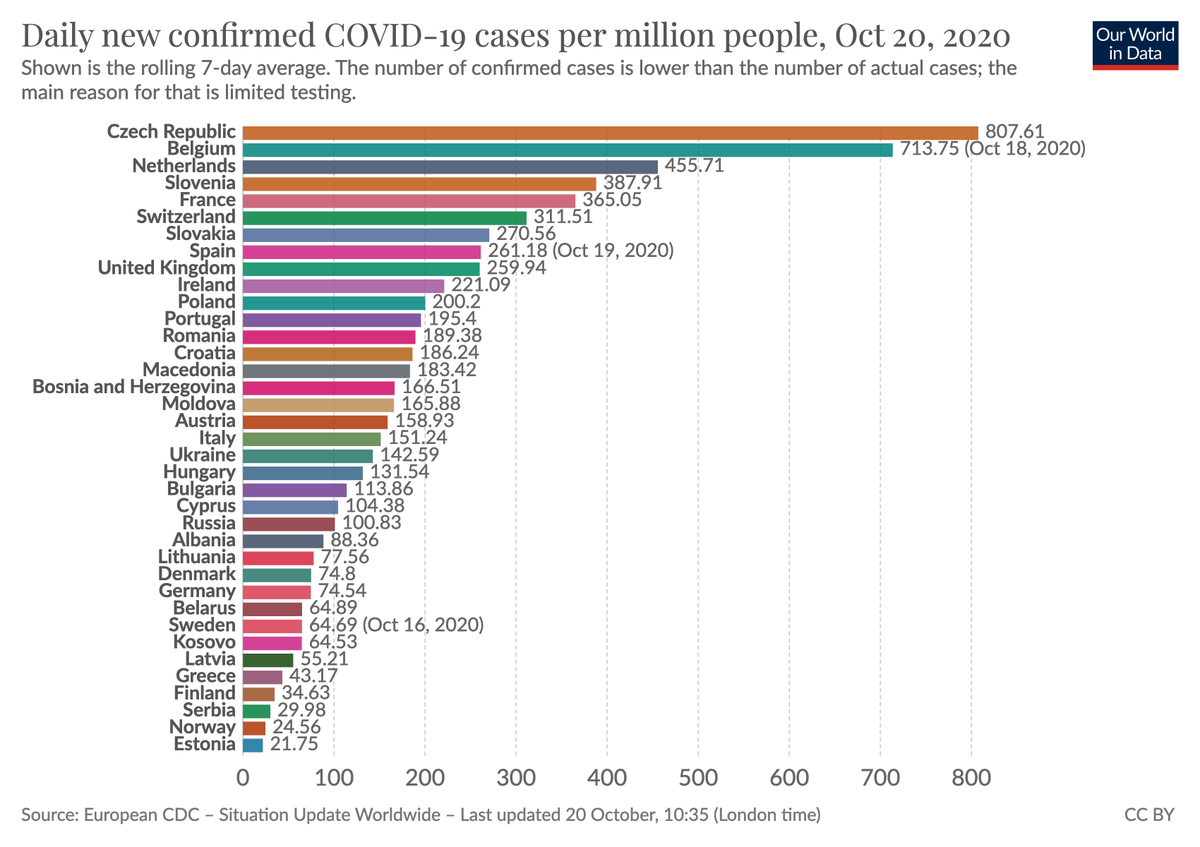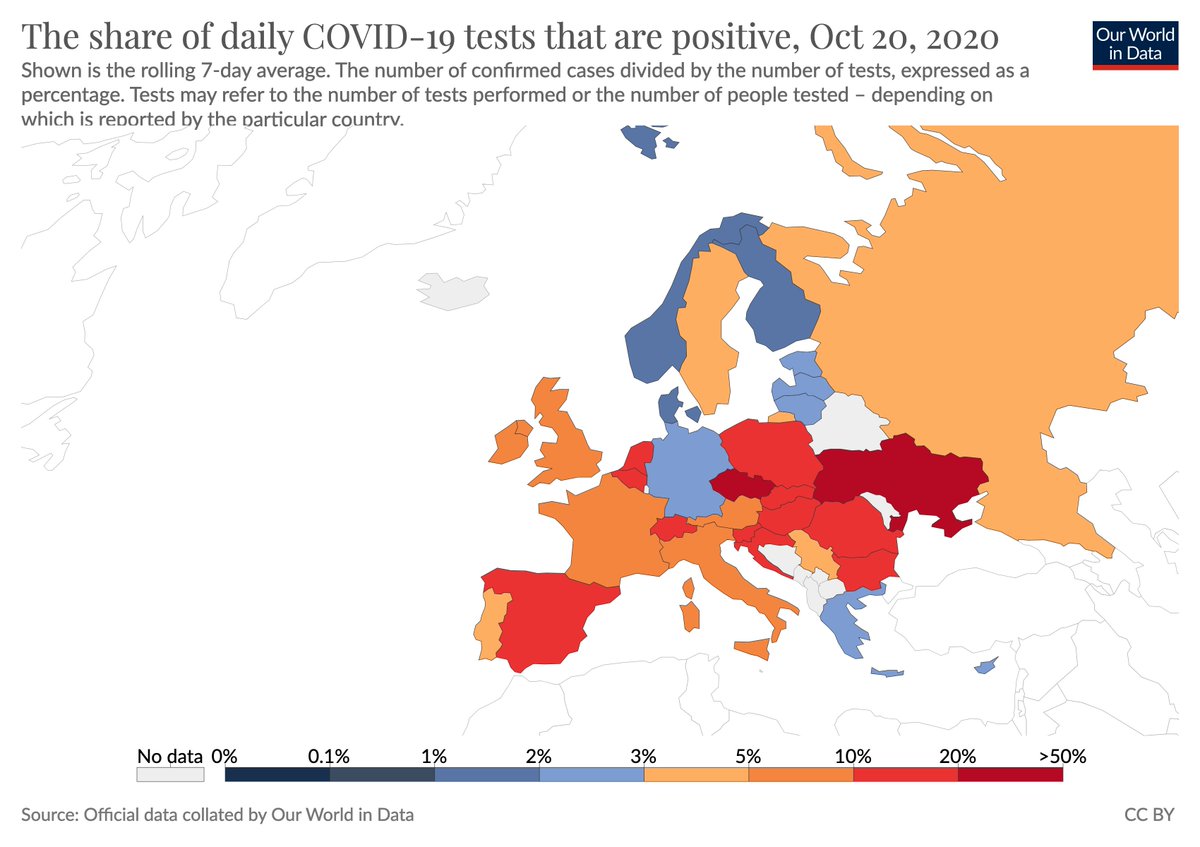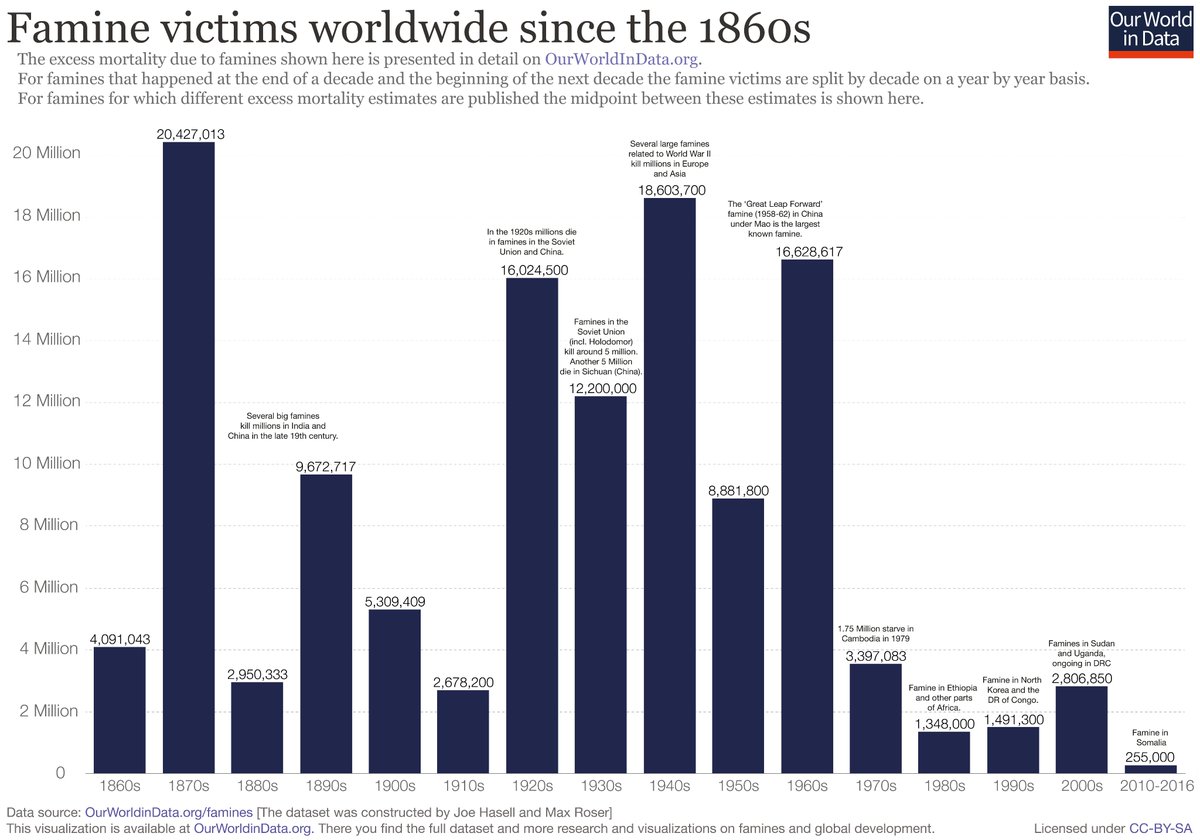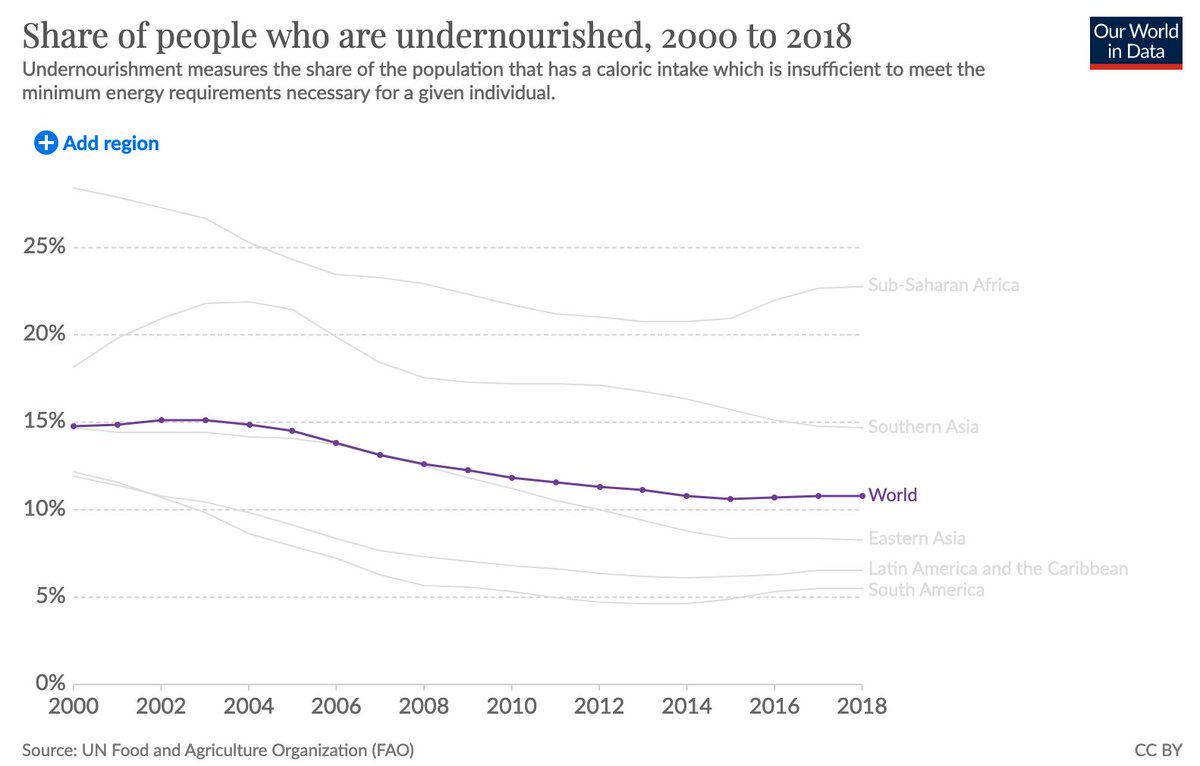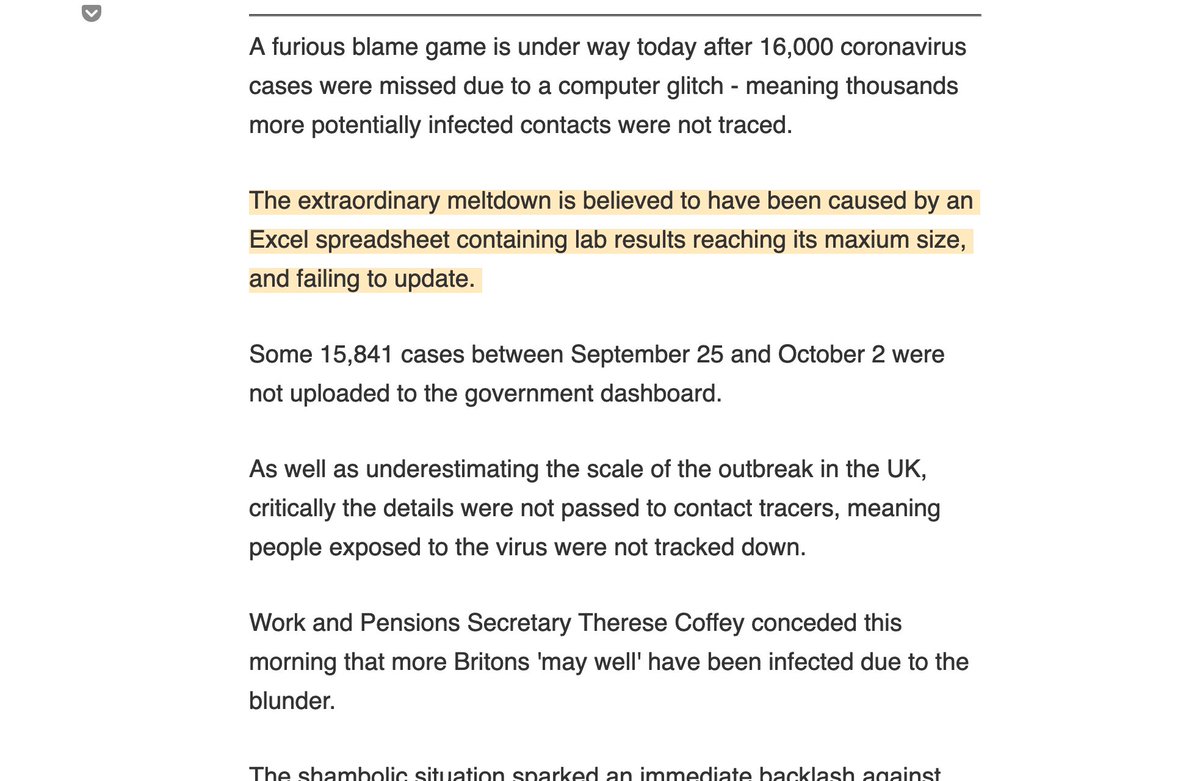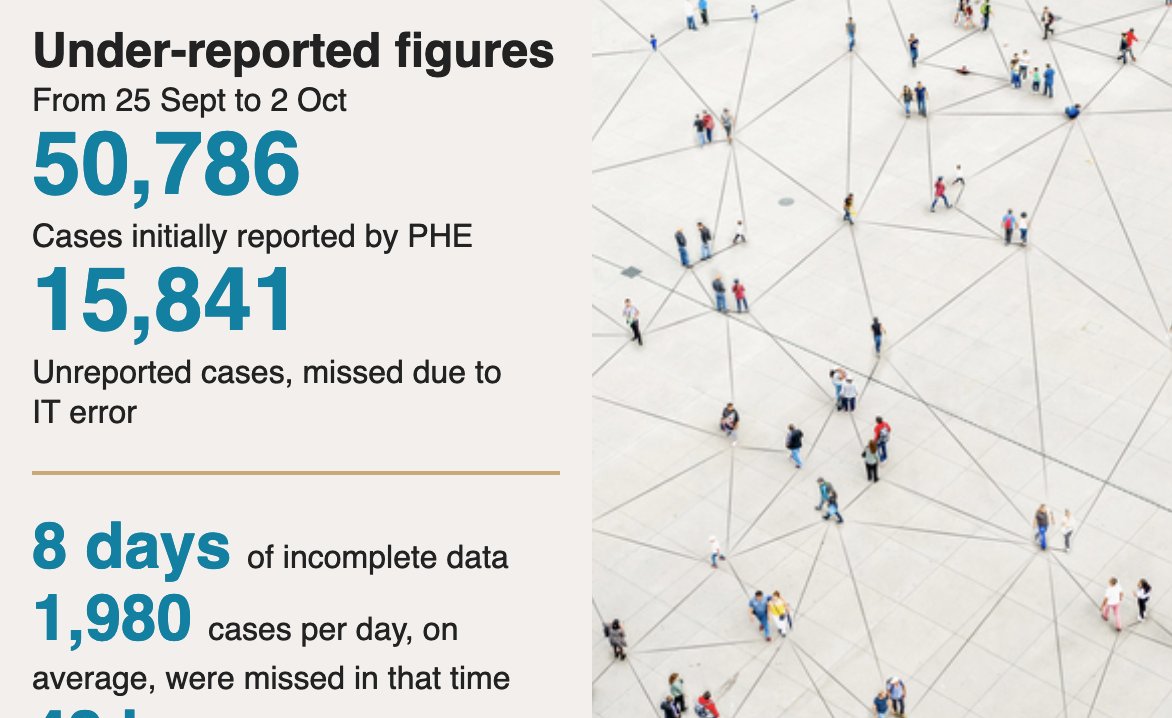
1/n] The pandemic will end when we reach herd immunity. The question is how we get there.
In a world without science and technological innovation there would be no alternative: The only way to achieve immunity is for a large share of the population to get infected.
In a world without science and technological innovation there would be no alternative: The only way to achieve immunity is for a large share of the population to get infected.
2] But that’s not the world we live in. We can achieve herd immunity via a vaccine.
3] So it's a question of how optimistic we are about medical innovation.
Being in favour of a high infection rate now makes sense if you are pessimisic about the world's chance to develop a vaccine or to make progress towards good antivirals.
Being in favour of a high infection rate now makes sense if you are pessimisic about the world's chance to develop a vaccine or to make progress towards good antivirals.
4] The vaccine trial that I follow most closely is the one here in Oxford, because I'm a volunteer in the trial.
– The early results were very good thelancet.com/journals/lance…
– And they are so hopeful that the vaccine is produced for several months by now
astrazeneca.com/media-centre/p…
– The early results were very good thelancet.com/journals/lance…
– And they are so hopeful that the vaccine is produced for several months by now
astrazeneca.com/media-centre/p…
5] This was the Times headline this morning.
https://twitter.com/lindayueh/status/1317777563360632835
6] And even if Oxford's vaccine candidate fails – which might of course well happen – it is only one of 213(!) vaccines that are currently under development.
covid-19vaccinetracker.org
covid-19vaccinetracker.org
7] The chance that we will get a vaccine does not seem very low to me.
And until then we need to control the virus by proven public health measures [ourworldindata.org/coronavirus#ho…] so that we can avoid new lockdowns.
And until then we need to control the virus by proven public health measures [ourworldindata.org/coronavirus#ho…] so that we can avoid new lockdowns.
8] About the difference that vaccines make I wrote this earlier thread
https://twitter.com/maxcroser/status/1285249132047802369
• • •
Missing some Tweet in this thread? You can try to
force a refresh

